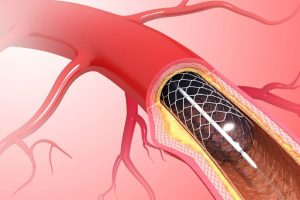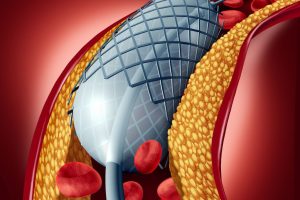
Tips for Men with Benign Prostatic Hyperplasia
How to Manage Benign Prostatic Hyperplasia
Benign prostatic hyperplasia (BPH) is a non-cancerous enlargement of the prostate gland that can cause a variety of symptoms including urinary retention, difficulty starting urination, and potentially even impotence and/or incontinence. Other common symptoms include weak urine flow, dribbling, dysuria, blood in the urine, and bothersome LUTS (lower urinary tract symptoms). The following are tips for men with BPH about how to manage symptoms, prevent problems, and live more comfortably with BPH.
Managing BPH Symptoms
To manage BPH symptoms, men should drink plenty of fluids and stay hydrated. To prevent problems, they need to avoid alcohol and caffeine since those items can irritate the bladder. Men with BPH should also limit their intake of spicy food, fatty foods, salty foods, and high-sodium foods. As for LUTS, men with BPH should increase their physical activity to relieve pressure on the bladder.
Preventing BPH Problems
The most important way to prevent problems is to reduce your risk. The severity of the symptoms of BPH can be lessened by reducing the risk factors that contribute to their development. These risk factors include prostate inflammation, advanced age, obesity, and family history of Benign Prostatic Hyperplasia. If you fall into any of these categories, it’s a good idea to speak with us about the best treatment options.
Living Comfortably with BPH
As we said, Benign Prostatic Hyperplasia is a common medical condition that can be treated effectively. Men with BPH should understand their symptoms and the potential problems they may face so that they can manage their symptoms, prevent problems, and live more comfortably.
With any medical concern, we invite men with Benign Prostatic Hyperplasia to discuss their concerns with our doctors by scheduling an appointment.



